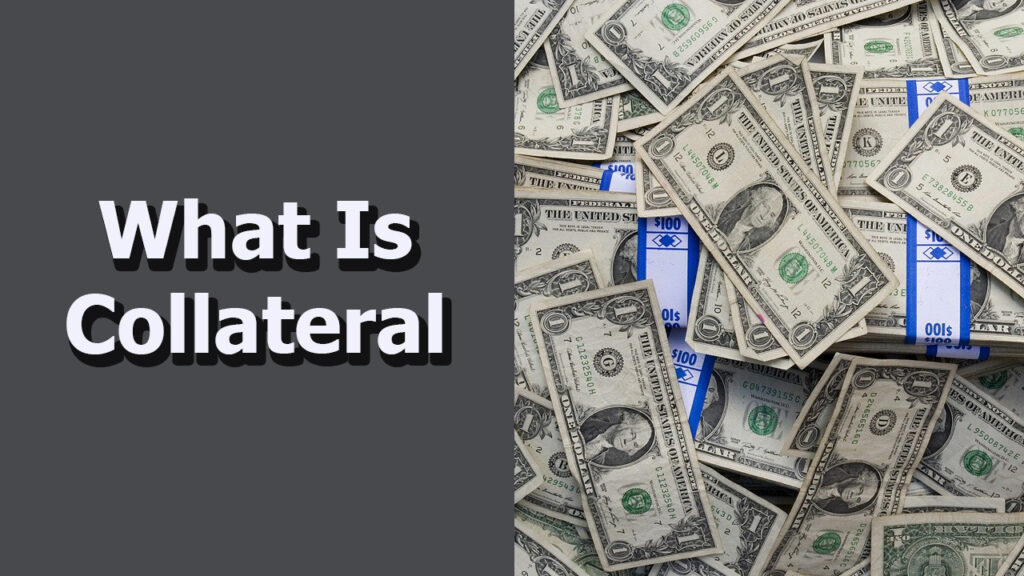In a world where trust can sometimes seem as fleeting as a shadow, collateral acts as a tangible pledge of a borrower’s commitment to repay a loan. This financial concept can be likened to the ancient practice of bartering, where goods were exchanged as a form of guarantee for services or other goods. Today, for someone looking to get a car title loan online, their vehicle serves not just as a means of transport but as collateral—a secured promise that they will fulfill their loan obligations.
Understanding Collateral in Depth
Collateral, in the financial world, is any asset of value that a borrower agrees to hand over to a lender if they cannot pay back a loan. The idea is simple: it’s a safety net for lenders and a commitment device for borrowers. This could be anything from a house, a car, or even stocks and bonds.
The Role of Collateral
Security for Lenders From a lender’s perspective, collateral decreases the risk associated with lending. If a borrower defaults on a loan, the lender has the right to seize the asset pledged as collateral and sell it to recoup some or all of the loan’s value. This security allows lenders to offer larger loans or more favorable terms, like lower interest rates, than they would otherwise.
Collateral Types
Diverse Forms Across Different Loans Collateral can manifest in various forms depending on the type of loan:
- Real Estate: Often used for mortgages or home equity lines.
- Vehicles: Used for auto loans or when you get a car title loan online.
- Valuables and Collectibles: Jewelry, art, or antiques can serve as collateral for personal loans from certain lenders.
- Investments: Stocks, bonds, or mutual funds can also be used to secure loans.
Impact on Borrowing Terms
The presence of collateral in a loan agreement often impacts the terms of the loan itself. Since the risk to the lender is mitigated by the presence of a high-value asset, borrowers can often enjoy benefits such as:
- Lower Interest Rates: Less risk for the lender generally translates into lower costs for the borrower.
- Higher Loan Amounts: Collateral allows borrowers to access larger sums of money.
- Longer Repayment Periods: Secured loans can have longer terms, making monthly payments more manageable.
Collateral in Action: A Real-World Example
Consider the case of John, a freelance graphic designer who needed to purchase new equipment to expand his business. Without a regular salary, traditional unsecured loan options were limited and costly. John decided to use his car as collateral to secure a lower interest rate through an online car title loan. This arrangement gave him the funds he needed while assuring the lender of repayment, either through John’s monthly payments or, in a worst-case scenario, by claiming the value of the car.
Risks and Considerations
While collateral may make it easier to obtain a loan, it’s not without risks. Borrowers must be confident in their ability to repay the loan. Failure to repay means losing the pledged asset, which can be catastrophic, especially if the asset is a home or primary vehicle.
- Risk of Loss: This is the most significant risk associated with collateral. If the loan goes unpaid, the asset can be seized.
- Fluctuating Asset Values: The value of collateral can fluctuate, affecting how much security it actually provides. For instance, if the market value of a pledged property declines below the loan amount, additional payment may be required, or the loan terms might be adjusted.
Conclusion: A Balanced Approach
Collateral is a foundational element of many loan agreements, providing security for lenders and helping borrowers access necessary funds. However, the use of collateral should be considered carefully, with a clear plan for repayment to avoid the potential loss of valuable assets. For borrowers, like those seeking to get a car title loan online, understanding the full implications of pledging an asset is crucial in maintaining their financial health and stability.

